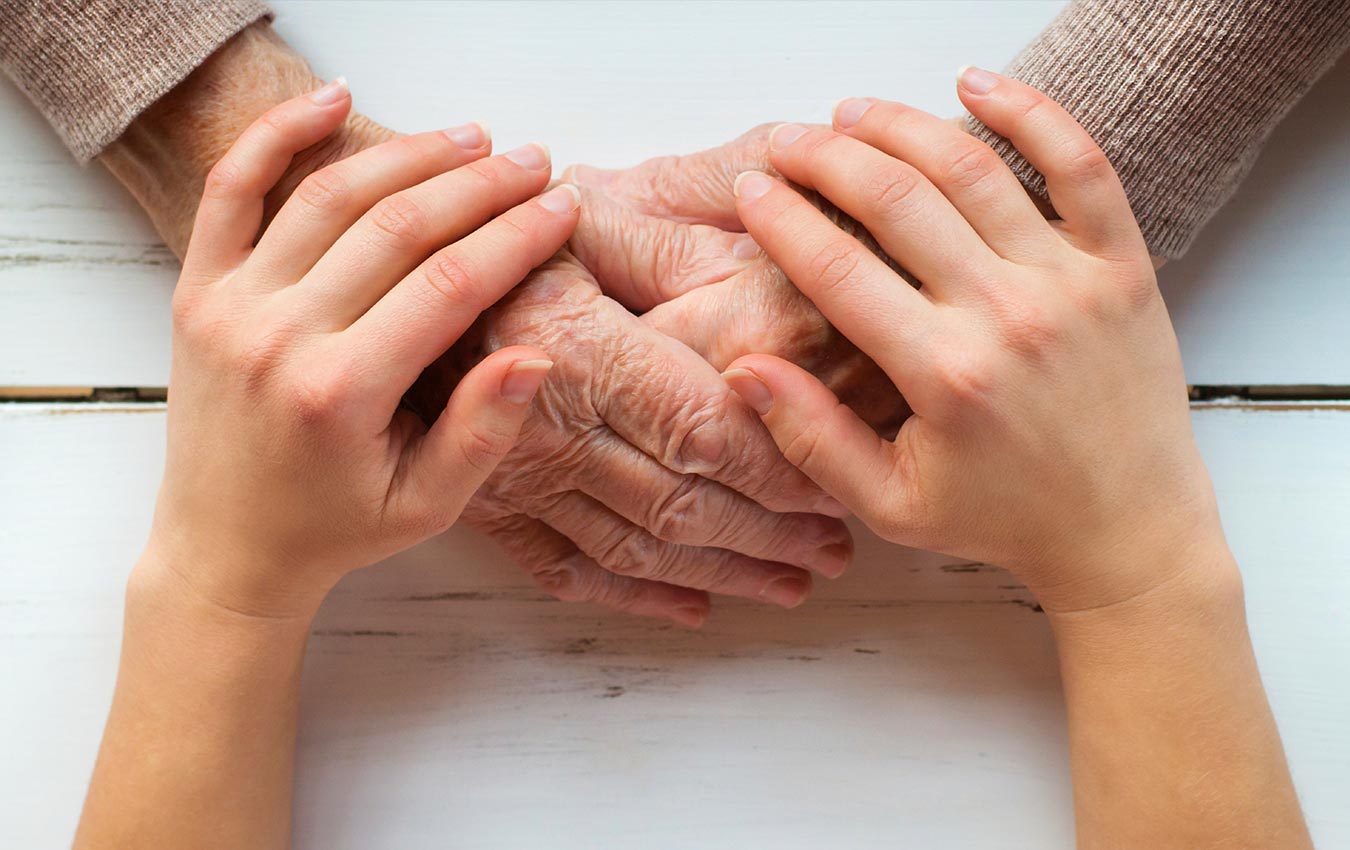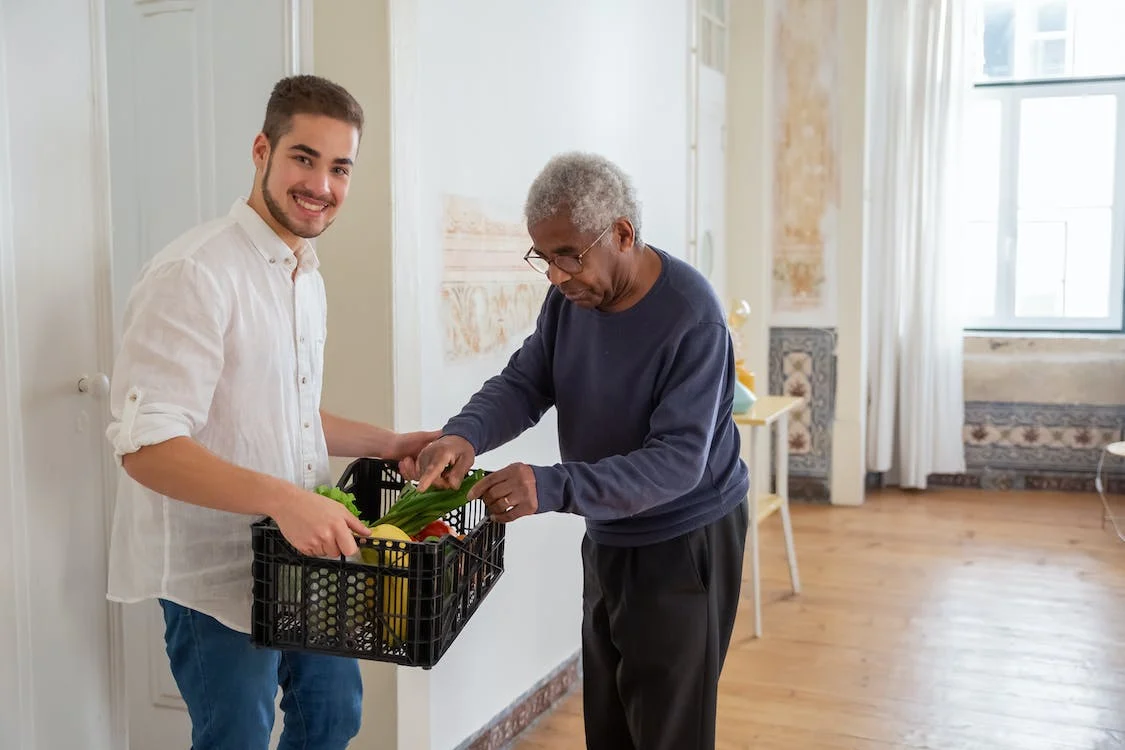It can be overwhelming to be asked to make health care decisions for someone who is dying and is no longer able to make their own choices. It is even more difficult if you do not have written or verbal guidance. Even when you have written documents, some decisions still might not be clear.
Addressing a person’s advance care wishes
If the person has written documents as part of an advance care plan, such as a do not resuscitate order, tell the doctor in charge as soon as possible. If end-of-life care is given at home, you will need a special out-of-hospital order, signed by a doctor, to ensure that emergency medical technicians, if called to the home, will respect the person’s wishes. Hospice staff can help determine whether a medical condition is part of the normal dying process or something that needs the attention of health care personnel.
For situations that are not addressed in a person’s advance care plan, or if the person does not have such a plan, you can consider different decision-making strategies to help determine the best approach for the person.

Decision-making strategies: Substituted judgment and best interests
Two approaches might be useful when you encounter decisions that have not been addressed in a person’s advance care plan or in previous conversations with them. One is to put yourself in the place of the person who is dying and try to choose as they would. This is called substituted judgment. Some experts believe that decisions should be based on substituted judgment whenever possible. Another approach, known as best interests, is to decide what you as their representative think is best for the dying person. This is sometimes combined with substituted judgment.
If you are making decisions without specific guidance from the dying person, you will need as much information as possible to help guide your actions. Remember that the decisions you are faced with and the questions you may ask the person’s medical team can vary depending on if the person is at home or in a care facility or hospital.
It is a good idea to have someone with you when discussing these issues with medical staff. That person can take notes and help you remember details. Don’t be afraid to ask the doctor or nurse to repeat or rephrase what they said if you are unclear about something they told you. Keep asking questions until you have all the information you need to make decisions. If the person is at home, make sure you know how to contact a member of the health care team if you have a question or if the dying person needs something.
It can be difficult for doctors to accurately predict how much time someone has left to live. Depending on the diagnosis, certain conditions, such as dementia, can progress unpredictably. You should talk with the doctor about hospice care if they predict your loved one has six months or less to live.
Cultural considerations at the end of life
A person’s cultural background may influence comfort care and pain management at the end of life, who can be present at the time of death, who makes the health care decisions, and where they want to die.
It’s crucial that the health care team knows what is important to your family surrounding the end of life. You might say:
- In my religion, we… (then describe your religious traditions regarding death).
- Where we come from… (tell what customs are important to you at the time of death).
- In our family, when someone is dying, we prefer… (describe what you hope to happen).
Make sure you understand how the available medical options presented by the health care team fit into your family’s desires for end-of-life care. Telling the medical staff ahead of time may help avoid confusion and misunderstandings later. Knowing that these practices will be honored could comfort the dying person and help improve the quality of care provided.

Discussing a care plan
Having a care plan in place at the end of life is important in ensuring the person’s wishes are respected as much as possible. A care plan summarizes a person’s health conditions, medications, health care providers, emergency contacts, end-of-life care wishes, such as advance directives, and other decisions. A care plan may also include your loved one’s wishes after they die, such as funeral arrangements and what will be done with their body. It’s not uncommon for the entire family to want to be involved in a person’s care plan at the end of life.
Regardless, your family should try to discuss the end-of-life care they want with the health care team. In most cases, it’s helpful for the medical staff to have one person as the main point of contact.






